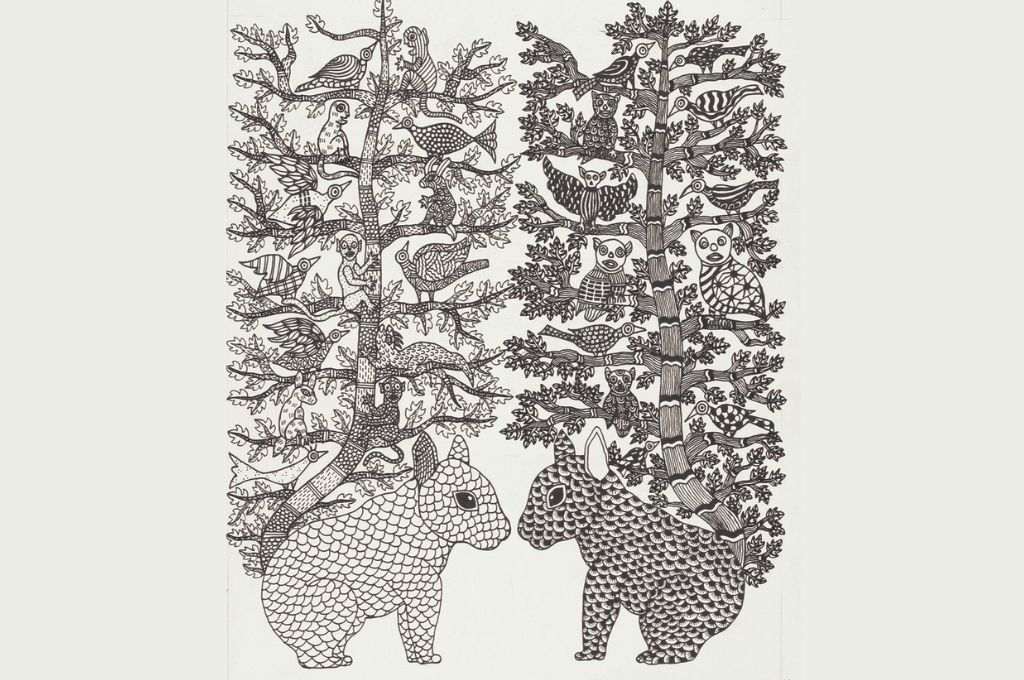Hari Menon heads the India office of the Bill & Melinda Gates Foundation (BMGF). He also oversees the foundation’s work in South and Southeast Asia. He has been associated with BMGF since 2006, with a brief role outside the foundation between 2011 and 2013 when he served as strategic philanthropy adviser to Rohini Nilekani.
Vineet Rai is the founder and chairman of Aavishkaar Group. Before starting Aavishkaar, he was the CEO of the Gujarat Grassroots Innovations Augmentation Network—an organisation that helps rural innovators translate their ideas into commercially viable ventures. Vineet also serves as commissioner at the Business Commission for Sustainable Development, as senior adviser to the Blended Finance Working Group at OECD, and as adviser to the United Nations Economic and Social Commission for Asia and the Pacific Science Technology and Innovation Advisory Board.
Edited excerpts from the episode:
Vineet Rai
“Instead of setting up a factory to manufacture shirts, are you going to rural India and working with rural artisans? It is a far more cumbersome and complex process if you’re getting the shirts stitched in villages and then bringing them to the urban world to sell them. Both approaches are creating impact. But in one of them, you are not really trying to move all the workers to a new place and creating a new ghetto to get shirts stitched and create livelihood. In the other, you are taking livelihood to where people live, so you’re not displacing them, and in the process actually allowing a local ecosystem to thrive. And I think it’s very difficult for a large number of people to actually give this context to the idea of impact, especially when we are talking about impact investing. And therefore it has been simplified to create the ghetto because it’s far more efficient, far better.”
Hari Menon
“We end up looking at numeric measures of impact because that’s what the world seems to value and understand. But there are two problems with that. One, you often default to averages, and averages hide inequities. On an average, India is much better off on many development indicators as compared to a couple of decades ago. But if you drill down and look at state numbers, district numbers, and block numbers, the averages hide huge variations. And we often don’t factor in those variations into how we are thinking about improvements and change. And that’s where this focus on numbers and averages can have a distortive effect.”
Vineet Rai
“The problem is that people think efficiency is equal to sustainability and resilience, which is not exactly the correct understanding. However, efficiency is not necessarily what will deliver sustainability. And this conflict is a very deep and inherent one. I have had this debate with a lot of very successful and very large corporate CEOs. And I think their ability to understand this conflict is very limited even now.”
Hari Menon
“I think, in the social sector and in the context of development, scale might actually need to be thought of very differently than it is now. The only way we can have impact at scale is through effective partnerships of different actors who know, understand, and can engage with communities. And I think COVID-19 has been a bit of a wake-up call. Everyone has realised that the interventions to manage COVID-19—on the supply and demand side—worked best where government and community organisations, the voluntary sector, and the private sector came together effectively. The top-down approach worked.”
—
Read more
- Scaling out, scaling up, scaling deep: Advancing systemic social innovation and the learning processes to support it
- Rethinking participatory development in the context of scale
- The social innovation paradox: Why it’s hard to be both innovative and scalable
- Are social change and scale mutually exclusive?
- Lessons in scaling with the government
- Questioning scale as we know it
- Building purpose beyond CSR
- Funders, it’s time we change our relationship with data
- Is size the right metric to measure impact?



